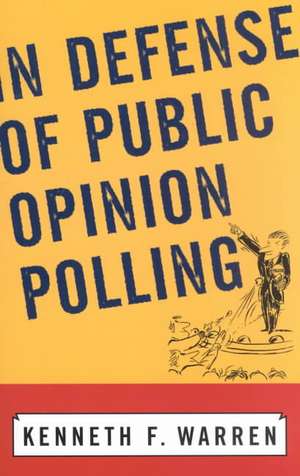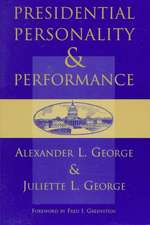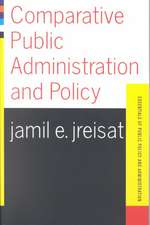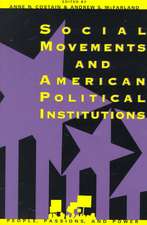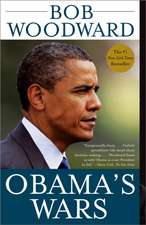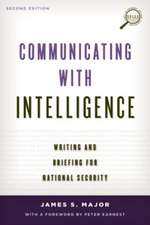In Defense Of Public Opinion Polling
Autor Kenneth F. Warrenen Limba Engleză Paperback – 20 sep 2002
| Toate formatele și edițiile | Preț | Express |
|---|---|---|
| Paperback (1) | 461.48 lei 43-57 zile | |
| Taylor & Francis – 20 sep 2002 | 461.48 lei 43-57 zile | |
| Hardback (1) | 990.36 lei 43-57 zile | |
| Taylor & Francis – 28 aug 2019 | 990.36 lei 43-57 zile |
Preț: 461.48 lei
Nou
Puncte Express: 692
Preț estimativ în valută:
88.34€ • 90.86$ • 73.29£
88.34€ • 90.86$ • 73.29£
Carte tipărită la comandă
Livrare economică 17 februarie-03 martie
Preluare comenzi: 021 569.72.76
Specificații
ISBN-13: 9780813340296
ISBN-10: 0813340292
Pagini: 384
Dimensiuni: 152 x 229 x 22 mm
Greutate: 0.45 kg
Ediția:Revised
Editura: Taylor & Francis
Colecția Routledge
Locul publicării:Oxford, United Kingdom
ISBN-10: 0813340292
Pagini: 384
Dimensiuni: 152 x 229 x 22 mm
Greutate: 0.45 kg
Ediția:Revised
Editura: Taylor & Francis
Colecția Routledge
Locul publicării:Oxford, United Kingdom
Cuprins
Preface -- Why Americans Hate Pollsters -- In Defense of Pollsters -- The Giant Polling Industry -- Reputable Pollsters Hate Bad Polls -- But There Are Plenty of Good Polls -- Why the Media Love (But Sometimes Hate) Polls -- Today’s Politicians Live and Die by Polls -- Polls, the Clinton-Lewinsky Scandal, and Democracy -- Polling in Other Countries -- Testing the Pollsters -- Epilogue -- Appendix
Descriere
A professional pollster argues that public opinion polling is good for American Democracy.. What do we really know about public opinion polls? Are they as flawed as conventional wisdom implies? How accurate are the polls, really? How can we spot a bad poll? Why do politicians and journalists have a love-hate relationship with polls? How do polls help us interpret history? Why has public opinion polling become so popular in other countries?In the 2000 national elections USD100 million was spent on campaign polling alone. A USD5 billion industry from Gallup to Zogby, public opinion polling is growing rapidly with the explosion of consumer-oriented market research, political and media polling, and controversial Internet polling. By many measuresfrom editorial cartoons to bumper stickerswe hate pollsters and their polls. We think of polling as hopelessly flawed, invasive of our privacy, and just plain annoying. At times we even argue that polling is illegal, unconstitutional, and downright un-American. Yet we crave the information polling provides. What do other Americans think about gun control? School vouchers? Airline performance? Or the Yankees chances for winning another World Series? Pollsters consult with jurists on the best venue for a controversial criminal trial. They advise car manufacturers on which paint colors to use for a new model. They guide city councils in how to divide public funding across competing priorities.Ken Warren closes this book with an especially candid report card on how 13 major pollsters fared in predicting the November 2000 presidential contest and how pollsters fared in making 136 projections in congressional and gubernatorial races across the United States. Despite the wild swings of the political season most pollsters were remarkably accurate in forecasting the results. Based on extensive interviews with major pollsters and a wide examination of current polling practices and results, In Defense of Public Opinion Polling argues stron
